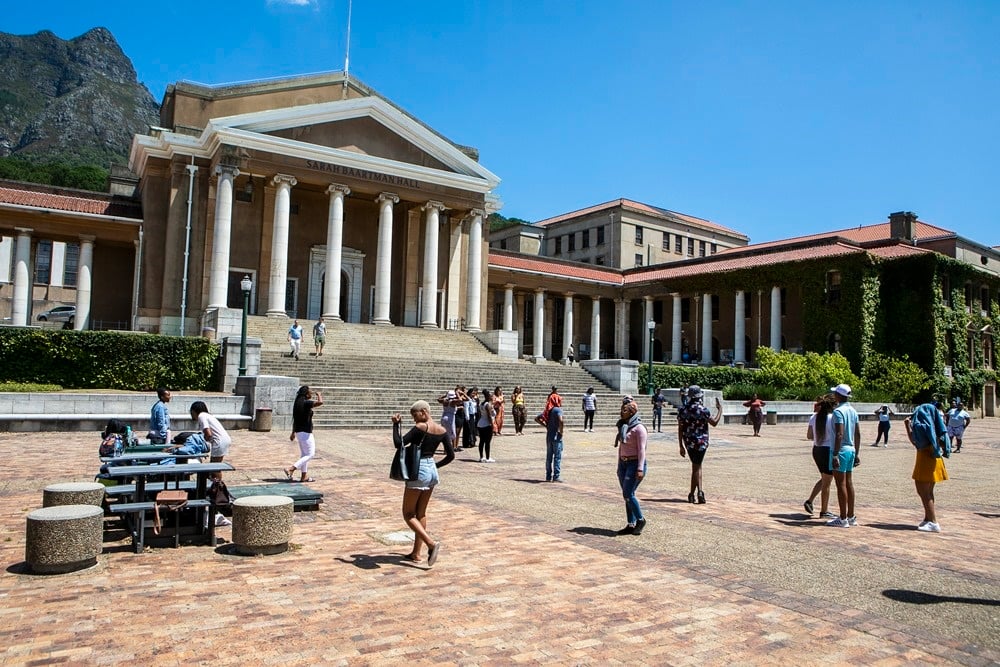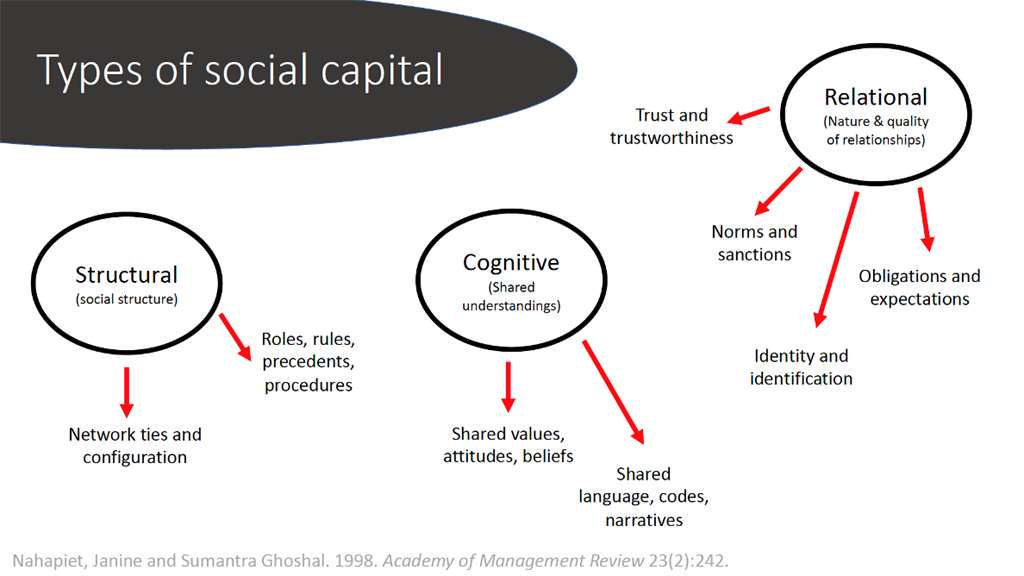
The Covid-19 pandemic has deeply impacted a cohort of students who will not build the same social capital during 2020 and 2021 as their predecessors. Their friendship circles will be smaller, their networks will be thinner and many potential connections will just be names on a class roster, writes Dr James Lappeman.
In March 2020, universities in South Africa were closing their doors and moving to an emergency remote teaching model as the government imposed various levels of lockdown that have lasted into 2021.
For any student moving into university over this period, the learning experience has been quite different than they would have imagined upon acceptance into one of South Africa's 26 public universities.
While there is evidence that the learning experience has been sub optimal for most, there is a hidden cost to not engaging in regular university campus life.
The power and shape of social capital
Social capital is based on the network of relationships among people who live and work in a particular society. This kind of capital is known to produce a direct return in almost all areas of life, and particularly the marketplace. Having many contacts and acquaintances is such a powerful predictor of class status in the UK that the number of acquaintances a person has with high prestige occupations (like a doctor or professor) is used as a predictor of social class.
Social capital has been divided into three categories: structural, cognitive and relational. Each of these components will shape an individual's social capital. Structural social capital refers to the impersonal configuration of linkages between people. Having a boss who allows you to walk into their office anytime would constitute high structural social capital when compared to a boss that works at a different location and requires an appointment.
Relational social capital is the depth of emotional attachment in a network. For example, someone may decide to stay at a company due to a close relationship with their team leader despite economic advantages elsewhere. Conversely, someone else in the same team may choose to leave due to a weaker tie to the leader.
Retention should, therefore, be observed as a function of both social and economic capital. Cognitive social capital includes the concept of shared meaning as an asset to relationships. For example, if two people both come from neighbouring villages in the Eastern Cape, they are likely to have a shared understanding of "going home for the holidays" in contrast to someone who grew up in a privileged Johannesburg neighbourhood.
Campus life and social capital
Campus life has a mixed bag of stereotypes from the "slob" to the "party animal", but for the most part there is the constant tension in meeting the multiple demands of both an academic and social life.
At high school, I have a very limited social peer network based on those at my own and a few neighbouring schools. While useful, it was moving to UCT that relational doors really opened. Staying in res and sitting in class with hundreds of new people from around the country opened doors to circles of friends and networks that have endured to this day.
Thanks to a friend or two on med-campus, I quickly knew dozens of soon-to-be doctors to go along with the accountants, engineers and a few artists. We not only worked together, but spent four years playing together (at university sports teams, community service organisations and at parties).
While my degree has been crucial to my career trajectory, the network of contacts made specifically at university has played a huge role in building my social capital. The amount of new friends I added during the first two years of university were likely more than the next 10 combined. Thanks to that period in my life I have connections across the world and across most professional walks of life as well as owners of companies, managers and leaders. The improvement in my (and our collective) social capital was given a huge boost in those first few years of university as multiple worlds collided.
The hidden cost of distance learning
UCT and many other universities around South Africa have been shut for student life for three semesters with the possibility of a fourth. Students are learning thanks to heroics from themselves, their parents and of course the university staff that has needed to completely adjust the tertiary education system and teaching practice in record time.
I also applaud the institutions that have gone out of their way to help students that live on the margins (physically and financially) during this time where collective campus resources are not available. Nonetheless, the Covid-19 pandemic has deeply impacted a cohort of students that will not build the same social capital during 2020 and 2021 as their predecessors.
Their friendship circles will be smaller, their networks will be thinner and many potential connections will just be names on a class roster. This is a hidden and incalculable cost, but, in a world where social capital often leads to economic capital, it is a big blow.
Is there hope?
There is no clear "end date" to the restrictions imposed by the pandemic. When the universities do eventually return, however, there will be opportunity to implement protocols to mitigate some of the losses unavoidably incurred.
For example, lecturers can dedicate class time to creating social cohesion and providing opportunity for classmates to talk. Group work can be encouraged and the universities' social calendar can be given preferential treatment as every opportunity to meet new friends is a chance for the universities to show that while a robust education is crucial to achieving one's aspirations, social capital is just as important in the long run.
- James Lappeman is the Head of Projects at the UCT Liberty Institute of Strategic Marketing. He has a PhD in Business Science specialising in marketing and consumer behaviour.
*Want to respond to the columnist? Send your letter or article to opinions@news24.com with your name and town or province. You are welcome to also send a profile picture. We encourage a diversity of voices and views in our readers' submissions and reserve the right not to publish any and all submissions received.
Disclaimer: News24 encourages freedom of speech and the expression of diverse views. The views of columnists published on News24 are therefore their own and do not necessarily represent the views of News24.

